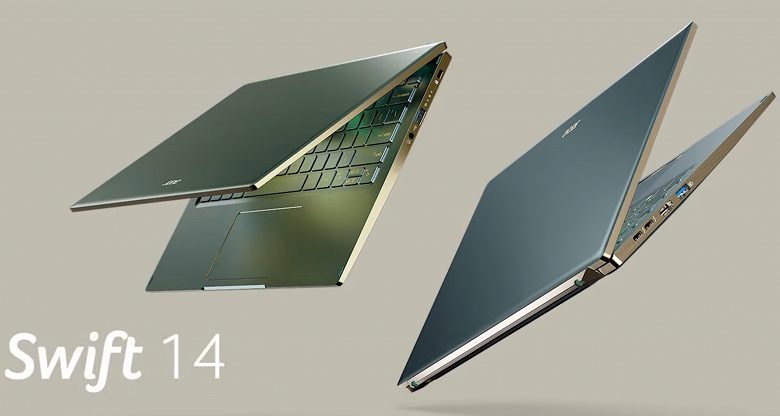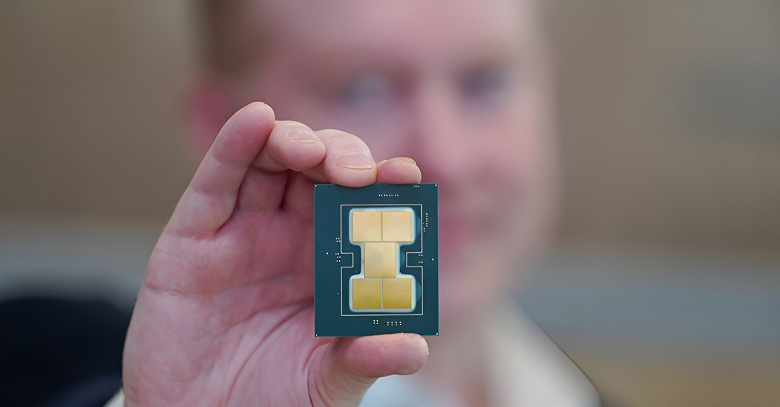Intel wins class action lawsuit for excessive collection of user data on its website
Like the vast majority of other websites, Intel used many of the usual user tracking features. However, as a result, a class-action lawsuit was filed against the technology company due to confidentiality issues.

Every Internet user almost daily agrees to the collection of data under agreements. Most of this kind of feedback is usually pretty harmless; basically, all websites cache cookies on consumers’ internet browsers just for user convenience. Sometimes websites use data and analytics to track user movements, consumer traffic, and other forms of data for web development or marketing, such as targeted advertising. But the lawsuit alleges that Intel has gone too far on this issue.
The plaintiff was originally filed by Holly Landers, who filed a complaint with Lake County Court, Florida. The claim has received collective status and is being transferred to the federal district court of Orlando. Intel is said to have gone beyond typical website analytics and tracked keystrokes from specific users. Ms. Launders believes that Intel is too zealous to track user data every time they visit its website, which is a breach of privacy.
Holly Launders said her dozens of visits to the Intel website were tracked using various out-of-the-box metrics. In addition to typical (and legal) website analytics such as the number of page visits, time spent on the site, and so on, Intel allegedly used several more sophisticated tracking methods, recording replay of sessions of visits for deeper and more detailed monitoring of individuals. It can go, but not be limited to, collecting more accurate indicators of mouse movements, keystrokes, scrolling, and so on. All of this data was allegedly collected and analyzed by a third-party website Clicktale / Contentsquare.
Federal law in the United States (18 US Code §2511) explicitly states that the recording of communication methods of any kind requires one party’s consent. However, in Florida, the state where the lawsuit was originally filed, Intel had to clarify to all visitors what data it was tracking.
Intel has certainly gotten into trouble in the past but has never been responsible for tracking data or violating user privacy. The tech company recently lost a $ 2.18 billion patent infringement lawsuit against VLSI Technology in its processors. In 2011, Intel was forced to pay NVIDIA $ 1.5 billion in settlement of a dispute over graphics accelerators’ design.
Intel has been rather vague about the confidentiality agreement on its website, without specifying what data and from what sources it collects: “We may also receive information through a partner. In some cases, we combine personal information about individuals we collect from multiple sources, including directly from you or through the Intel services you use. ”
The claim only concerns the site, but it can create a legal precedent about any data collection or analytics, including directly on users’ systems.









